
Church customs often stick around long after the world changes around them. Shifts in culture, growing calls for inclusivity, and evolving ideas about spirituality have exposed many traditions as less relevant today. These 20 church practices reveal where faith communities are moving beyond old habits to embrace compassion and connection.
Protecting The Church’s Image Over Justice

In the past, churches often protected their image, silencing victims, as seen in the Catholic Church’s sexual abuse scandals. Today, denominations like the United Methodist Church emphasize transparency and accountability. This change shows a stronger focus on ethical leadership.
Instilling Fear Of Hell To Drive Faith

Fear of hell has traditionally fueled faith, using the threat of eternal damnation to encourage belief. Over time, many churches moved away from this approach, focusing more on inspiring transformation through love, connection, and compassion instead of relying on fear to motivate followers.
Blocking Honest Faith And Identity Discussions
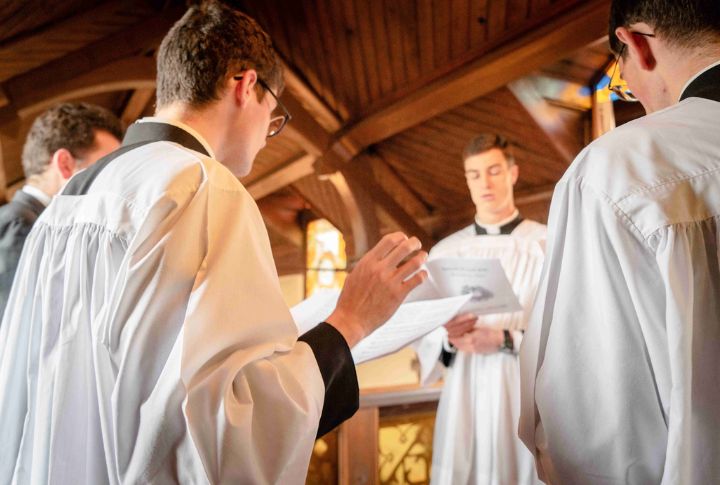
Questioning faith or identity was seen as rebellion in the past; churches often silenced and isolated truth seekers. Nowadays, many churches encourage open dialogue and allow believers to explore doubts without fear. This shift fosters authentic growth and creates faith rooted in honesty rather than fear.
Ignoring Science That Challenges Church Teachings

Historically, churches dismissed any scientific facts that contradicted their ideologies and alienated members who valued both faith and reason. However, communities are now integrating scientific insights with spiritual understanding. Many modern believers, particularly those in progressive denominations, see compatibility between scripture and science, though acceptance varies.
Excusing Discrimination With Scripture

Scripture was once misused to justify sexism and exclusion—this highly contradicted love and justice. Modern times have seen many faith communities challenge these interpretations and reclaim scripture through inclusive lenses. Emphasizing compassion over control, they work to align doctrine with dignity and reject prejudice disguised as righteousness.
Promoting Obedience Over Thoughtful Engagement
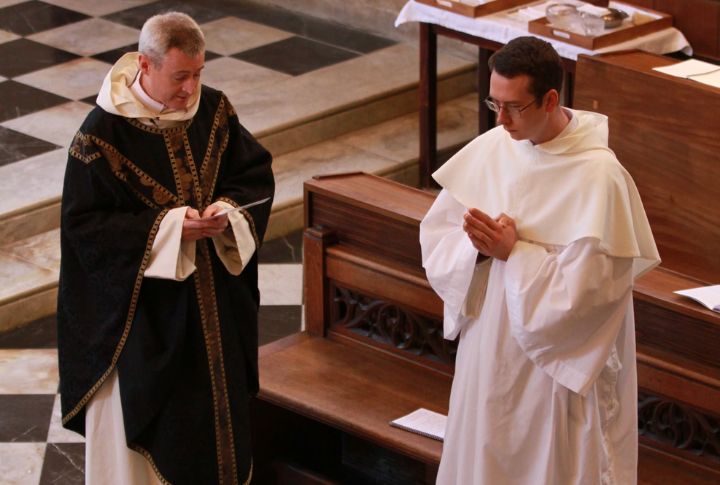
Questioning leaders or biblical teachings was almost unheard of in earlier years. When it happened, it was met with a lot of resistance and, in some cases, equated with disobedience. Today, churches increasingly welcome critical thought and respectful inquiry, a shift that deepens conviction through understanding rather than compliance.
Overemphasizing Perfection And Ignoring Human Struggles

Churches once required moral perfection, leading to guilt and shame when people slipped up. Many communities have shifted to valuing grace instead of flawlessness. They respond to struggles with empathy instead of condemnation, creating space for honesty, healing, and personal growth without fear of judgment or rejection.
Treating Doubt As Spiritual Failure

Doubt was long labeled sinful or weak, and those with ‘hard’ questions were often silenced. This kind of mental suppression is not as prevalent today. Nowadays, churches increasingly see doubt as part of faith’s evolution. Through honest exploration, believers deepen their understanding and build sincere relationships with their spirituality.
Insisting On Public Displays Of Faith
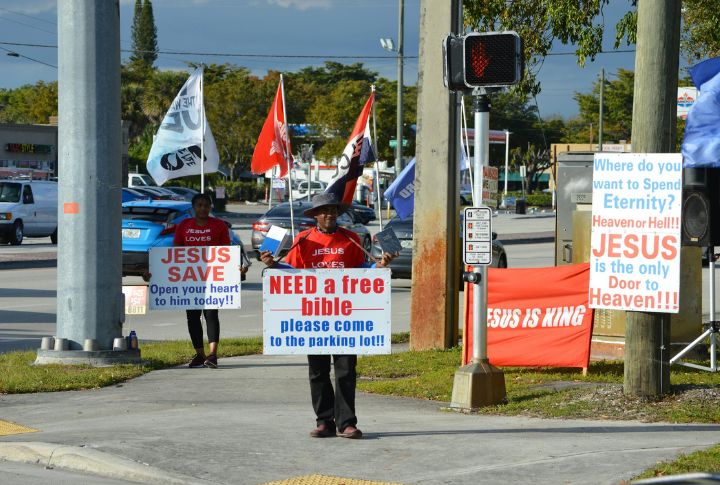
Previously, visible expressions—public prayer or constant volunteering—were treated as proof of devotion. A lot has changed since, with many churches respecting private, introspective faith journeys. Such a positive attitude towards diverse spiritual styles is indicative of how far the church has come in embracing inclusive participation.
Equating Church Attendance With Holiness

Attendance used to be the main sign of devotion, and skipping Sunday service often brought disapproval. Faith now reaches beyond the church pew, shown through everyday acts of kindness and love. The change honors different lifestyles and redefines what it means to live a faithful life.
Rejecting Evolving Family Structures

Traditionally, churches favored nuclear families, often excluding single parents or blended households. Nowadays, communities embrace modern family dynamics gracefully. The major focus on families is love and not the structure. Church is now a space for every family type to belong and fully participate without shame or exclusion.
Dismissing Other Faiths As Automatically Wrong

Churches from the past often deemed other religions false, which fostered judgment and division. As times changed, interfaith dialogue increasingly gained ground. Many Christians now recognize shared values and the richness of diversity, choosing respect over rivalry. This shift is about answering the universal call to love one’s neighbor.
Shaming People Who Leave The Church

Leaving the church was once met with gossip, shame, and condemnation. Churches today have embraced an attitude of empathy over ego. By acknowledging people’s journeys with grace, they open doors for honest reflection and future reconciliation, valuing relationships over retention and community over control.
Offering Spiritual Fixes Instead Of Therapy
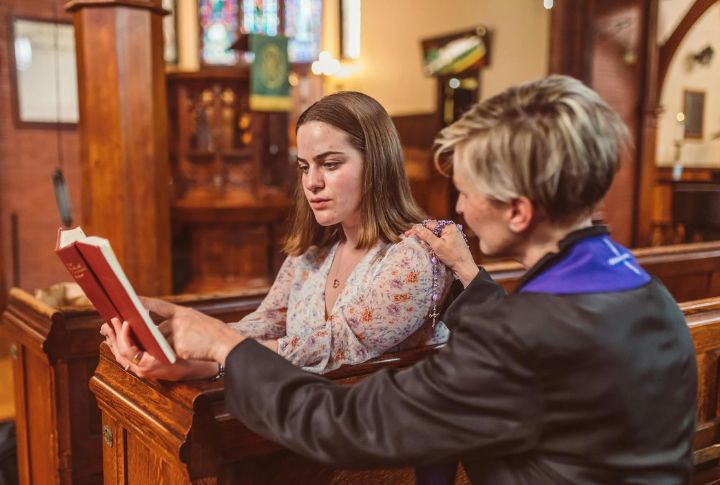
Mental health was majorly frowned upon in the early church era, with mental health needs being met by spiritual fixes such as prayer or scripture. Things have since changed, and modern churches now affirm therapy as a valid path to healing. This embraces both spiritual and psychological care, and it helps churches support holistic wellness.
Prioritizing Church Events Over Community Engagement

Meaningful connection through shared stories and support has become a priority, replacing the old focus on packed church calendars. Once, church events were mostly about the schedule and activities, with less attention on the personal interactions happening during those times.
Creating Wealthy Pastors While Congregants Struggle

In the past, mega-pastors with lavish lifestyles stood as symbols of success. This is less common in modern-day churches, where there is a growing call for humble and transparent leaders. Many believers now demand accountability and alignment with Jesus’ teachings, and they urge pastors to live simply and serve ethically amid rising economic inequality.
Neglecting Environmental Stewardship
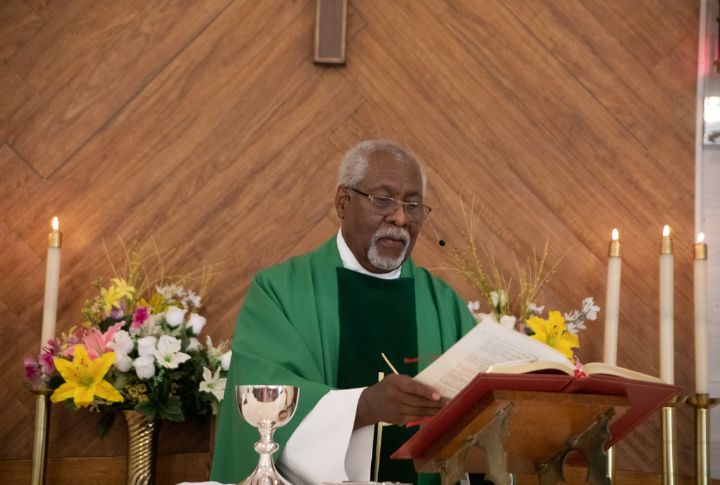
Churches once treated environmental issues as irrelevant to faith, often dismissing them as secular concerns. By embracing sustainability and preaching ecological stewardship, modern Christians, particularly in denominations like the Evangelical Lutheran Church in America, are recognizing creation care as a spiritual responsibility.
Marginalizing LGBTQ+ Individuals

Labeling LGBTQ+ community members as sinful and unworthy was a common practice historically. Things are different today, with inclusive faith communities growing in denominations—a good example being the Episcopal Church. Even with this progress, however, many churches still remain non-affirming.
Overlooking Interfaith Dialogue
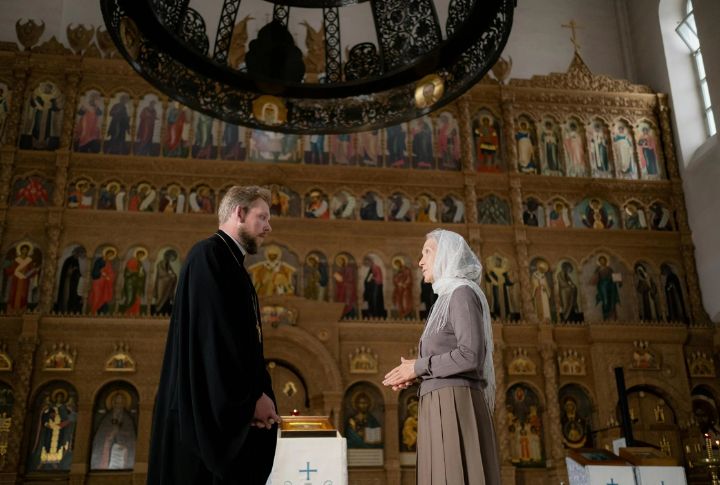
Churches often resisted interfaith relationships, seeing them as threats to their traditions. Increasingly, many welcome collaboration across different religions. These conversations build respect, deepen spiritual understanding, and promote harmony within communities.
Linking Wealth To Divine Favor

Material wealth was historically seen as evidence of divine favor, but this perspective is shifting. Churches now emphasize humility, generosity, and justice over financial success. Spiritual depth is measured not by riches but by compassion and a commitment to uplifting the most vulnerable in society.

